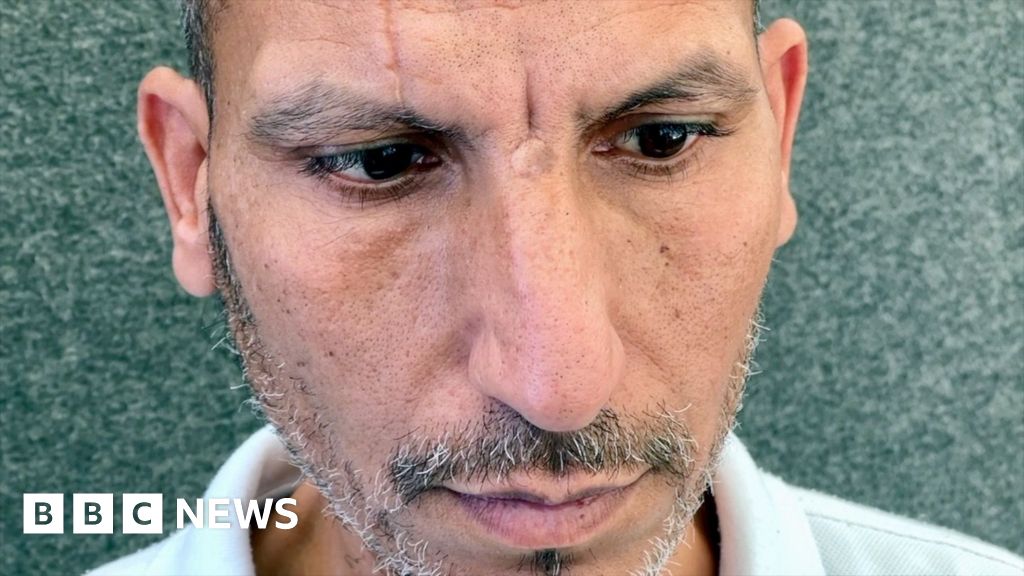"A whistle-blower detailed how procedures in one military hospital were “routinely” carried out without painkillers, causing “an unacceptable amount of pain” to detainees.
Another whistle-blower said painkillers were used “selectively” and “in a very limited way” during an invasive medical procedure on a Gazan detainee in a public hospital.
He also said critically ill patients being held in makeshift military facilities were being denied proper treatment because of a reluctance by public hospitals to transfer and treat them.
One detainee, taken from Gaza for questioning by the Israeli army and later released, told the BBC his leg had to be amputated because he was denied treatment for an infected wound.
A senior doctor working inside the military hospital at the centre of the allegations denied that any amputations were the direct result of conditions there, but described the shackles and other restraints used by guards as “dehumanisation”.

Another whistle-blower said painkillers were used “selectively” and “in a very limited way” during an invasive medical procedure on a Gazan detainee in a public hospital.
He also said critically ill patients being held in makeshift military facilities were being denied proper treatment because of a reluctance by public hospitals to transfer and treat them.
One detainee, taken from Gaza for questioning by the Israeli army and later released, told the BBC his leg had to be amputated because he was denied treatment for an infected wound.
A senior doctor working inside the military hospital at the centre of the allegations denied that any amputations were the direct result of conditions there, but described the shackles and other restraints used by guards as “dehumanisation”.

Gaza detainees shackled, blindfolded and in nappies at Israel hospital
Allegations centre on a military hospital where, a whistle-blower said, painkillers were "routinely" not used in procedures.
www.bbc.co.uk


